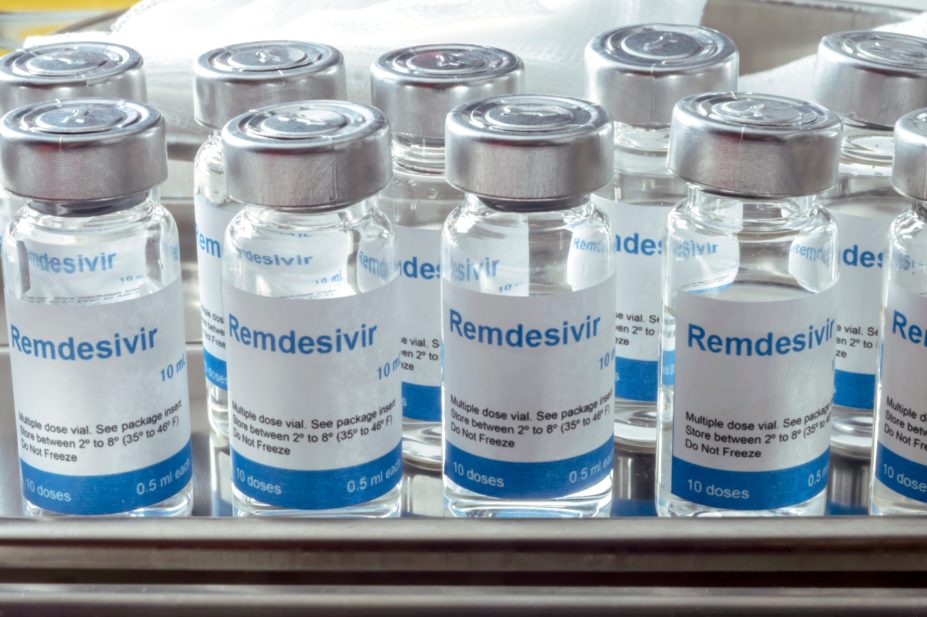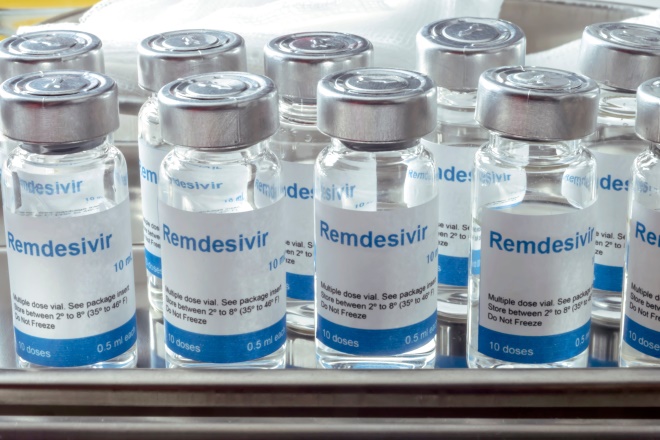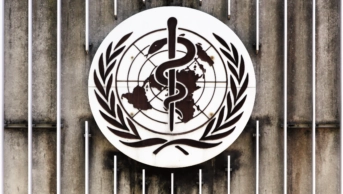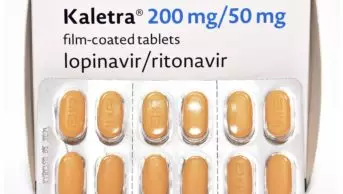
Shutterstock.com
Open access article
The Royal Pharmaceutical Society has made this article free to access in order to help healthcare professionals stay informed about an issue of national importance.
To learn more about coronavirus, please visit: https://www.rpharms.com/resources/pharmacy-guides/wuhan-novel-coronavirus

Source: Shutterstock.com
Remdesivir was the first COVID-19 treatment to receive a positive scientific opinion from the Medicines and Healthcare products Regulatory Agency in the UK
There are “no statistically significant differences” for mortality and serious adverse events in COVID-19 patients treated with remdesivir, a rapid evidence review carried out by the National Institute for Health and Care Excellence (NICE) has concluded.
However, “some benefit” was found with remdesivir, compared with placebo, for reducing supportive measures and time to recovery in patients with mild, moderate, or severe COVID-19 on supplemental oxygen treatment.
NICE identified three studies to include in its evidence summary, including two phase III double-blind, placebo-controlled randomised controlled trials and one observational study. They also included a Cochrane meta-analysis of the two randomised controlled trials. All of the studies used a treatment duration of up to ten days.
The rapid review highlighted that one study showed that more treatment discontinuations were reported with remdesivir compared with placebo, owing to adverse events and a subgroup analysis in another of the studies suggested that some groups may benefit more than others.
“This limits the applicability to clinical practice when assessing which patients are most likely to benefit from remdesivir,” the summary said.
NICE said that, overall, the findings of the included studies suggested that there were several factors to consider when using remdesivir as a treatment option for COVID-19 in patients with mild, moderate, or severe disease as they may have important effects on the outcomes of treatment. This included the timing of initiation of treatment at the onset of symptoms, disease severity and the underlying clinical status of the patient and age.
“Remdesivir should only be administered by intravenous infusion, which may limit its use,” NICE added.
“The evidence to date shows that for patients who require oxygen or ventilation assistance when suffering from COVID-19, that remdesivir may speed up the recovery of those patients who will recover,” said Gino Martini, chief scientist at the Royal Pharmaceutical Society.
“As always, as more evidence is collated and analysed, the role of remdesivir as a treatment option will become clearer,” he added.
Remdesivir is the first COVID-19 treatment to receive a positive scientific opinion from the Medicines and Healthcare products Regulatory Agency.
You may also be interested in

Antivirals have little effect on mortality in patients hospitalised with COVID-19, suggest WHO trial interim results

Government tightens availability of remdesivir treatment for COVID-19 patients as supplies shrink
